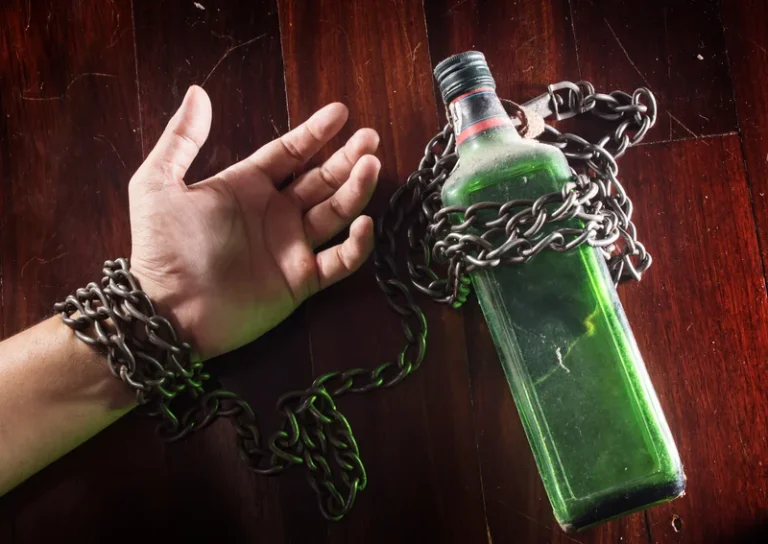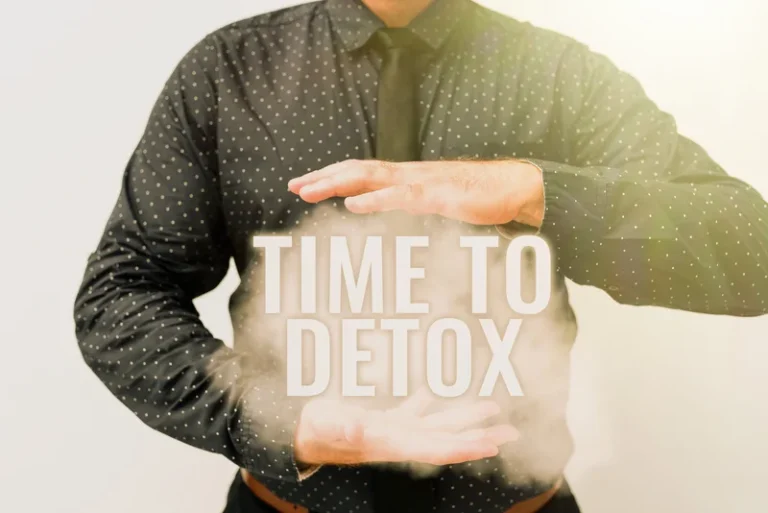Strengthening your relationship what is whipit with yourself is key in being able to speak up during interactions with a narcissist. Narcissists want you to take it personally because that is how they maintain leverage. Remember, a narcissist feels small, so they have to make themselves “big” somehow. No matter how painful the behaviors might feel in the moment, it’s important to remember that they have nothing to do with you. A 2014 study into narcissism and the use of internet pornography found a direct correlation between hours spent viewing pornographic material and the extent of narcissism. It also found that people who watch internet pornography are more likely to have narcissism than people who do not.
Examples of Covert Narcissist Behavior
Learn to recognize the signs, don’t take their behavior personally, and create distance between you and that person to help establish clear boundaries. Because covert narcissists lack empathy, have a strong sense of entitlement, and exploit others, boundaries are something that gets in the way of their goals. The more you can practice setting boundaries with a narcissist, the more consistently you are conveying to them that their tactics are not working. Because their need for self-importance reigns supreme, covert narcissists will do whatever they need to do in order to keep the focus on themselves. So, where an extroverted narcissist will blatantly push you aside or manipulate you to accomplish their goal, the covert narcissist is a professional at not acknowledging you at all.
The Link Between Narcissistic Personality Disorder and Alcoholism
With that said, there are challenges to delivering appropriate care for the dual diagnosis. By way of example, a person must meet five of nine possible criteria for NPD to be diagnosed, ranging from grandiosity to a lack of empathy. Being can you mix shrooms and alcohol in a relationship when you have NPD or with someone with NPD can be particularly difficult, but not impossible.
Narcissism vs. narcissistic personality disorder
The more covert form of pathological narcissism and narcissistic personality disorder (NPD) is not expressed the same way in every individual, but there are typical patterns that are very common. If you see many or most of these attitudes and behaviors in a person you know, you’re probably dealing with someone who suffers—and makes others suffer—with covert narcissism. Alcoholism, or alcohol use disorder (AUD), is an addictive disorder where people cannot control or stop their use of alcohol.
Covert narcissists are only different from overt (more obvious) narcissists in that they tend to be more introverted. The overt narcissist is easily identified because they tend to be loud, arrogant, insensitive to the needs of others, and always thirsty for compliments. Many people with narcissism may also have an addiction to alcohol, sex, drugs, or social media.
- With that said, there are challenges to delivering appropriate care for the dual diagnosis.
- They find it difficult to put energy into anything that doesn’t serve them in some way.
- According to a 2018 article, due to the common co-occurrence of personality disorders and AUD, it is important that substance misuse services screen for personality disorders and vice versa.
- The two conditions may co-occur, but it is often difficult to determine which disorder occurred first.
- In this way, you’ll learn if you can get their attention to what you’re saying and work with you.
- A 2019 study looked at the link between narcissism and alcohol consumption in a questionnaire of 345 college students.
They may exhibit symptoms of narcissistic personality disorder (NPD) but often hide the more obvious signs of the condition. While it can be more difficult to recognize, covert narcissism can be just as destructive as more overt narcissistic behaviors. The two conditions may co-occur, but it is often difficult to determine which disorder occurred first. These co-occurring mental health conditions can make it particularly challenging for clinicians, let alone friends and family, to pinpoint where the problems stem from. Other people have experienced narcissistic abuse and have also overcome the emotional pain that comes from it.
When people have a mental health condition that co-occurs with a substance misuse disorder, such as AUD, doctors may refer to this as dual diagnosis. Being in a relationship with a covert narcissist can feel frustrating and overwhelming. There are times when it can be difficult to create distance between you and that person, such as with a family member or co-worker. You may currently be in a personal relationship with a covert narcissist, whether it be a family member, co-worker, or significant other. Although you cannot control what a narcissist does, you can control how you behave and interact with them.
They may not engage in blaming or shaming, but instead, causing people to question their perceptions and second-guess themselves. In addition to looking for the red flags of a narcissist, it is also important to be able to recognize the more subtle behaviors of a covert narcissist. Being aware of these traits can help empower you, helping you to recognize and better navigate potentially unhealthy relationships and interactions.
What treatment options are available for each condition?
The idea of vulnerable versus grandiose narcissism comes from the psychodynamic idea that people with narcissistic traits believe they need to be perfect to be okay. Like the overt narcissist, the covert narcissist fails to develop emotional empathy, self-awareness, or a stable sense of identity and self-esteem in childhood. While narcissism is a personality disorder and alcoholism is an addiction, narcissists and alcoholics share several characteristics. Recognizing these commonalities can help you understand and cope with people who have Narcissistic Personality Disorder, untreated alcoholism, or both.
This emotionally abusive behavior is a tool for manipulation and to establish dominance over their admirers. Alcohol use disorder and narcissism are common co-occurring disorders, and in some cases, the symptoms of the two conditions may present similarly [1]. You can take control of your own life and decide what you’re willing to tolerate and not tolerate. From this place, you can hold the covert narcissist responsible by consistently setting limits. In this way, you’ll learn if you can get their attention to what you’re saying and work with you.
Since one of the hallmark traits of narcissistic personality disorder is lack of liberty caps identification empathy, the covert narcissist is not going to be emotionally responsive to their partner in a healthy way. A mental health professional can talk through the symptoms of a narcissistic personality disorder and rule out other behavioral disorders. They may ask the person to fill out a questionnaire about their behaviors. People with narcissism and those with an addiction share similar character traits. These include a lack of empathy and a willingness to put themselves at risk in the pursuit of feeling superior.
It found that individuals with grandiose narcissism have more friends and followers, post more often, and spend more time on social media than other people. You could start by engaging with a mental healthcare provider or treatment center that specializes in dual diagnoses. Treatment centers can also ensure that you can access the right support systems at the right time in your treatment. Patience and support are therefore needed to ensure the best possible outcomes. Without treatment, people with NPD have trouble maintaining positive relationships and are vulnerable to abusing drugs and alcohol to cope with difficult emotions. Covert narcissists may engage in manipulation and other toxic behaviors to get their way and get the desired feedback to support their self-image, just as overt narcissists do.





